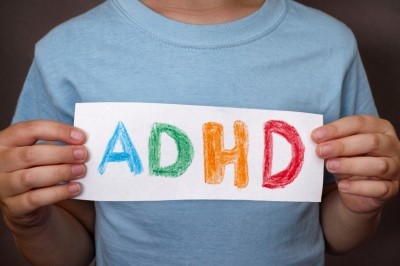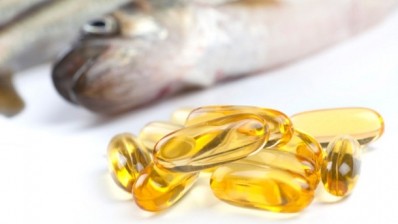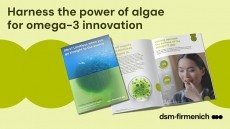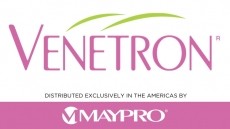Increased omega-3 levels may boost behavior, attention, and literacy in ADHD children: Study
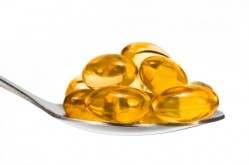
Decreasing the ratio of omega-6 to omega-3 fatty acids was also seen to improve the same measures in the children, report researchers in the Journal of Attention Disorders.
The children were randomly assigned to receive EPA-rich fish oil supplements, DHA-rich fish oil supplements, or safflower oil (control) for four months. While no direct improvements between the interventions and literacy, cognition, or parent-reported behavior were reported, the researchers did observe an effect for higher red blood cell levels of the omega-3s.
“Increasing erythrocyte DHA and EPA via increased dietary intake of n-3 PUFA and decreasing intake of n-6 PUFA, i.e., reducing the ratio of n-6:n-3 PUFA) may improve behavior, attention, and literacy in children with ADHD symptoms,” wrote the researchers, led by Natalie Parletta, PhD, Senior Research Fellow at the Sansom Institute for Health Research at the University of South Australia.
“This study is the first to directly compare effects of EPA and DHA in ADHD using erythrocyte PUFA analysis to correlate efficacy with incorporation of individual fatty acids. Despite previous suggestions that EPA is superior to DHA, the body of results from this study suggests that DHA is an important contributor to benefits seen.”
The research follows on from an earlier study from the same researchers published in Nutrition, which found that increased DHA levels in red blood cells were associated with improved literacy in children with learning difficulties.
Noteworthy
Commenting independently on the results, Harry Rice, PhD, V.P. of Regulatory & Scientific Affairs for the Global Organization for EPA and DHA Omega-3s (GOED), told us that the absence of a significant treatment effect was likely a power issue - not enough subjects, “and that's unfortunate”.
“What's noteworthy is that increased levels of n-3 LCPUFAs were associated with improved literacy, attention and behavior. In general, this provides further support for inter-individual differences in O-3 metabolism. That is, one size does not fit all and the expectation can't be that the same dose within a treatment group will result in the same O-3 level.
“The investigators will benefit from this knowledge when designing future trials. If you ask me if I think n-3 LCPUFAs are having a positive effect on these children, the answer is yes, but the question can only be addressed with well-powered intervention trials,” added Dr Rice.
Study details
Dr Parletta and her co-workers recruited 90 children with ADHD to participate in their randomized controlled crossover study. The children were randomly assigned to receive EPA-rich fish oil supplements (1,109 mg EPA + 108 mg DHA per day), DHA-rich fish oil supplements (264 mg EPA + 1,032 mg DHA per day), or safflower oil (1,467 mg linoleic acid per day) for four months and then crossed over to a different intervention. Novasel Australia provided the capsules.
Results showed that, for the 53 children who completed the full 12 months, the outcome measures were not significantly different between the three groups.
Additional analysis, however, showed improvements in spelling, cognitive problems, attention, hyperactivity, and behavior when related with erythrocyte levels of EPA and DHA.
“This study highlights the importance of confirming intervention results with blood samples, as these can confirm and account for degree of compliance (with treatment and with placebo) and variability in baseline nutrient levels,” wrote Dr Parletta and her co-workers.
“It is noteworthy that Schoenthaler et al. (1997, Journal of Nutritional & Environmental Medicine, Vol. 7, pp. 343-352), for instance, found that multivitamin/mineral supplementation in habitually violent juvenile offenders had no effect on violent acts in those in the treatment group whose blood concentration of vitamins and minerals did not change during the study, but they found highly significant reductions in violent acts in participants whose blood concentrations of vitamins and minerals were corrected during the study.”
Source: Journal of Attention Disorders
Published online ahead of print, doi: 10.1177/1087054713510562
“Increased Erythrocyte Eicosapentaenoic Acid and Docosahexaenoic Acid Are Associated With Improved Attention and Behavior in Children With ADHD in a Randomized Controlled Three-Way Crossover Trial”
Authors: C.M. Milte, N. Parletta, J.D. Buckley, A.M. Coates, R.M. Young, P.R.C. Howe

